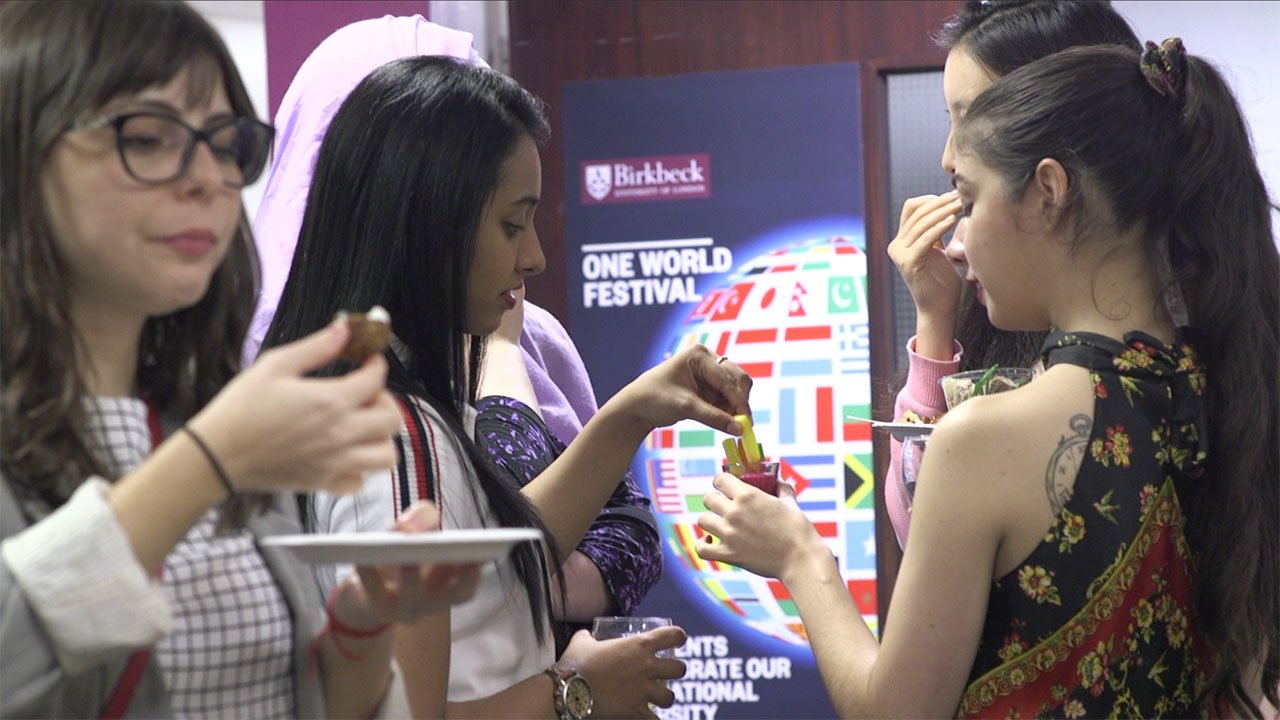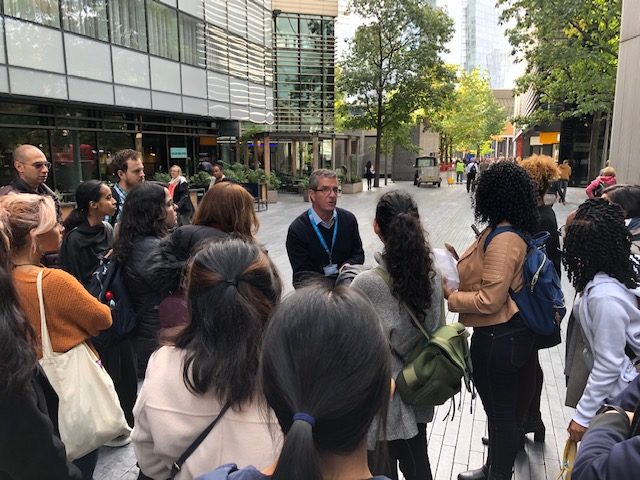On World Mental Health Day 2019, Birkbeck and CIPR Greater London Group came together to discuss how to manage the ‘always-on’ culture in the workplace.

In the 26th year of World Mental Health Day, CIPR’s Steve Shepperson-Smith acknowledged that organisations are starting to take the issue more seriously – and rightly so, when mental health is the number one concern raised by PR practitioners, above finding or keeping work. More concerning still, is the fact that nearly a quarter of those in the industry who did raise mental health concerns with their managers reported that nothing had happened as a result. Clearly, then, there is more to be done.
In an evening of discussion between experts in workplace mental health and PR, we looked for practical solutions to combatting the ‘always-on’ culture in the workplace.
A key refrain of the evening was that actions speak louder than words – it is, of course, fantastic that organisations are acknowledging the importance of mental health, but this must translate into concrete steps to support their workers.
A case study of good mental health practice
Darryl Sparey, Business Development Director at Hotwire UK’s honest account of his company’s approach to mental health showed ways that well-meaning words can become more through a company-wide approach.
“What will people think of me? is something that people ask themselves too often before they’re honest about their mental health in the workplace”, he said. Hotwire UK have developed a thoughtful working policy, where “We see work as a thing you do, not a place you go. We treat our staff as adults and let them do what works for them – if that means taking a break in the middle of the day for a run and returning to work later, then that’s what you do.”
Staff can also access a number of benefits that focus on mental health: the employee assistance programme includes a free helpline providing confidential support, both directly related to mental health and on issues that cause stress, such as legal and financial concerns.
From the top down, Hotwire UK have also worked to create a culture of openness, with everyone from the CEO to junior colleagues talking openly about their mental health day-to-day. Through actions as well as words, then, the organisation have shown their commitment to creating an environment of openness, where everyone can bring their whole self to work.
Mental health support at Birkbeck
The impact of leadership on workplace wellness was picked up by Charlotte Williams, head of Birkbeck’s counselling service. She shared the work of Birkbeck’s mental health consultancy, who are considering how leadership impacts workplace wellbeing, as well as how leaders can look after their mental health.
Williams stressed that mental health, like physical health, is a continuum, and when one in six British workers are affected by a mental health problem every year, it’s something that needs to be taken seriously. As the theme of this year’s World Mental Health Day is suicide, she spoke of the need for people to talk about their problems – “There’s a misconception that talking to a suicidal person might prompt them to take drastic action, but in fact talking about mental health almost always diffuses the issue,” she said.
While self-care is important on the side of the individual, Charlotte also had some practical advice for employers: “Value health and wellbeing as core assets in the workplace; train compassionate line managers so they are equipped to support their employees; address discrimination so that the wellbeing policy doesn’t just sit on the shelf; and ensure the CEO sets the tone for the organisation by talking about mental health.”
The research behind the ‘always-on’ culture
Almuth McDowall, Professor of Organizational Psychology at Birkbeck, shared how the changing world of work is fuelling the ‘always-on’ culture. She addressed the ‘double-bind’ that technology brings, providing at once greater opportunities for flexible working and a way of being forced to continue working outside designated hours.
“There is a culture of longer working hours developing, where it’s almost a badge of honour to have been in the office the longest,” she explained, “but in actual fact, once we work for longer than 50 hours a week, our productivity and performance nosedives, and the worst thing is that we don’t realise it.”
A few attempts have been made across Europe to address this new working culture. A law has been created in France where employees have the right to disconnect from their devices outside working hours. Meanwhile, in Germany, some companies are opting for systems where emails are held on the server and not sent to recipients during the evening or overnight.
Professor McDowall is sceptical of these one size fits all approaches, calling instead for organisations to work with employees to develop strategies for their unique setting and for everyone to build up their e-resilience by pursuing purposeful engagement with technology and e-communications, so that it is healthy and sustainable.
How to go about doing that? Professor McDowall advises beginning with the questions below, then starting a conversation in the workplace about mental health.
Some Questions:
- Do you check your phone on the toilet?
- Do you regularly take sneaky peeks at your laptop/tablet/phone while doing other tasks?
- Do you multi-task on other gadgets while watching TV/films on your laptop?
- Are you more likely to be on your gadgets at night than read a book?
- Do you tell your kids off for always being on the phone, but don’t hear it when they speak to you because you’re checking emails?
- Do others comment on your message checking behaviours?
- Are you more likely to check your messages first thing in the morning than cuddle your partner or do other things?
- Do you talk to others about, and if necessary negotiate, your technology and gadget use?
- Is your bedroom a gadget-free zone?
- Do you consciously think about how you use technology?
- Do you set an example to your staff/co-workers about when and how to use technology for communications?
- Have you communicated clear expectations about e-comms at work?
- Would you rather speak to people than write an email?
- Do you set yourself actual limits/boundaries for how and when to use technology?
Further Information:









